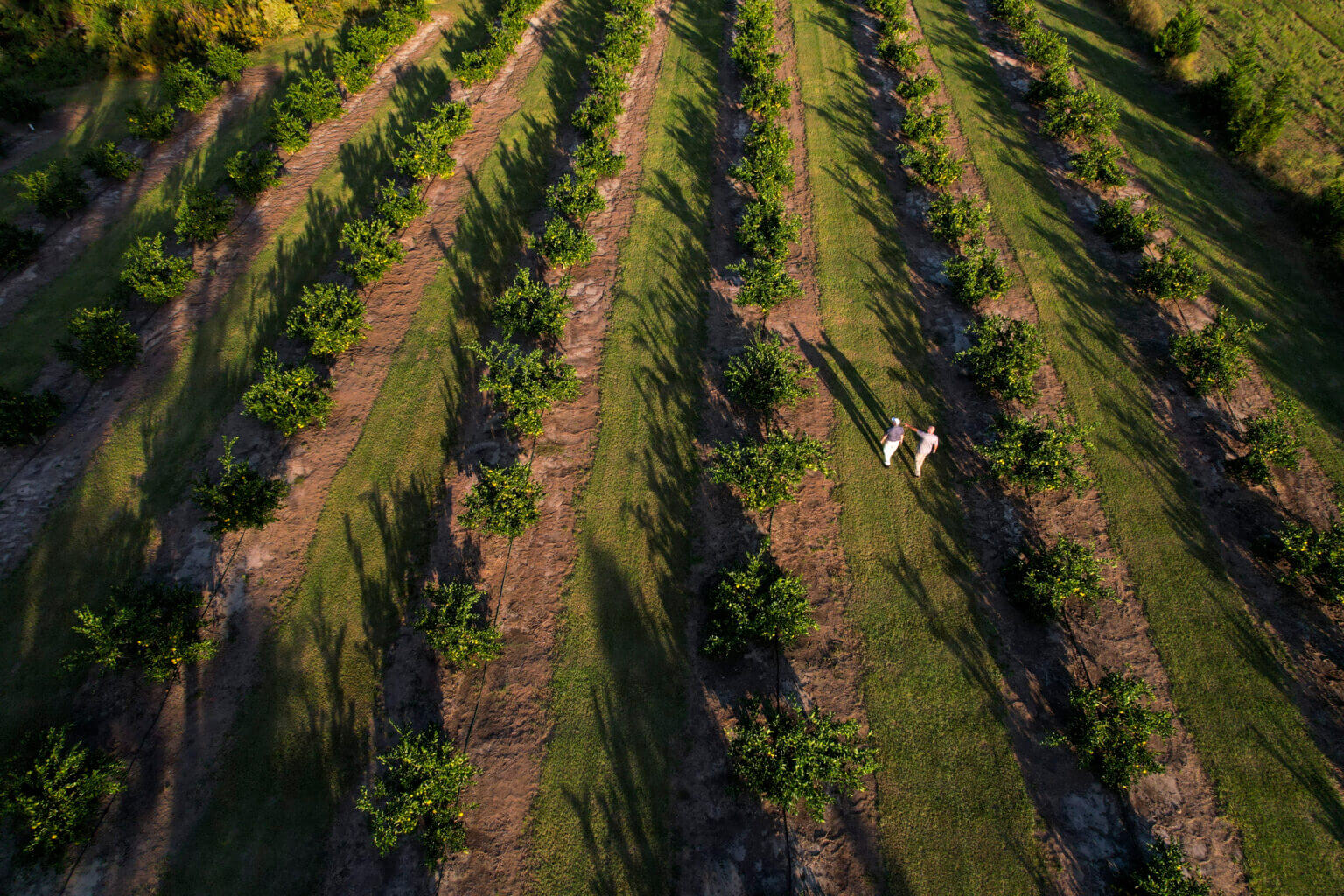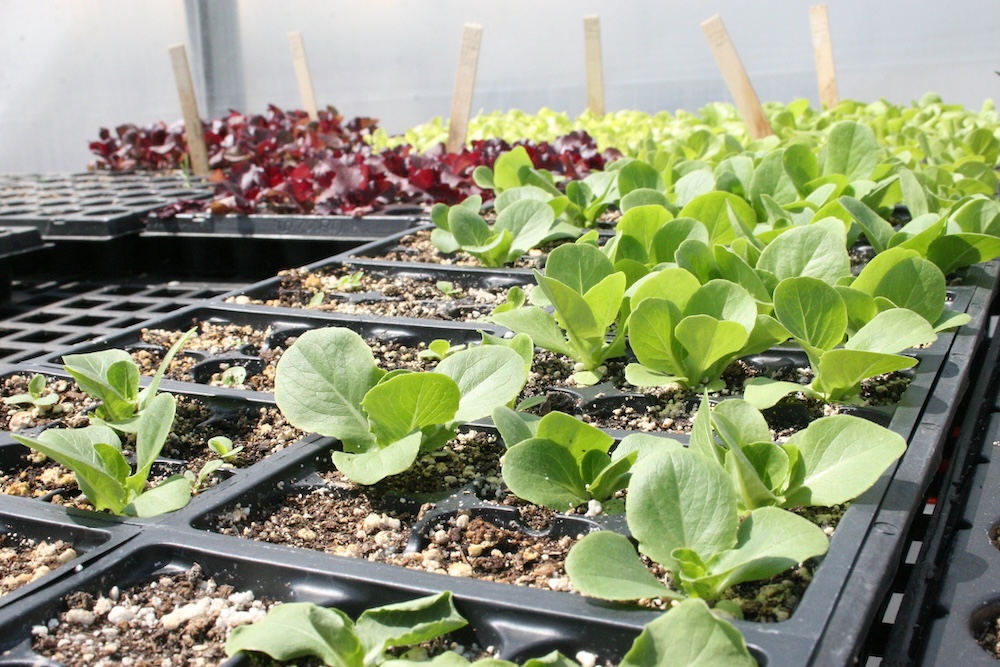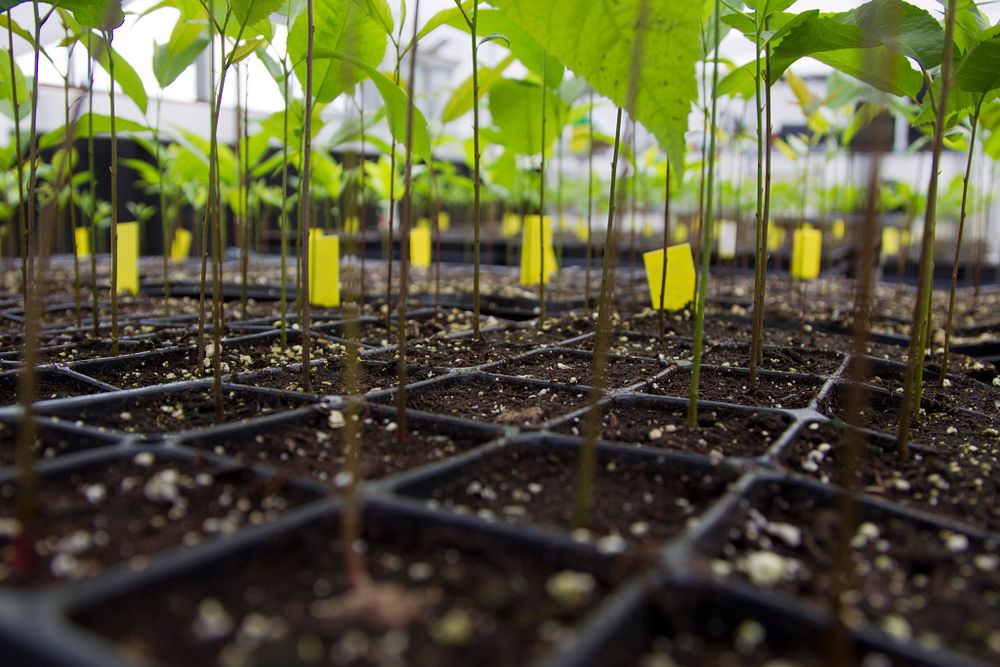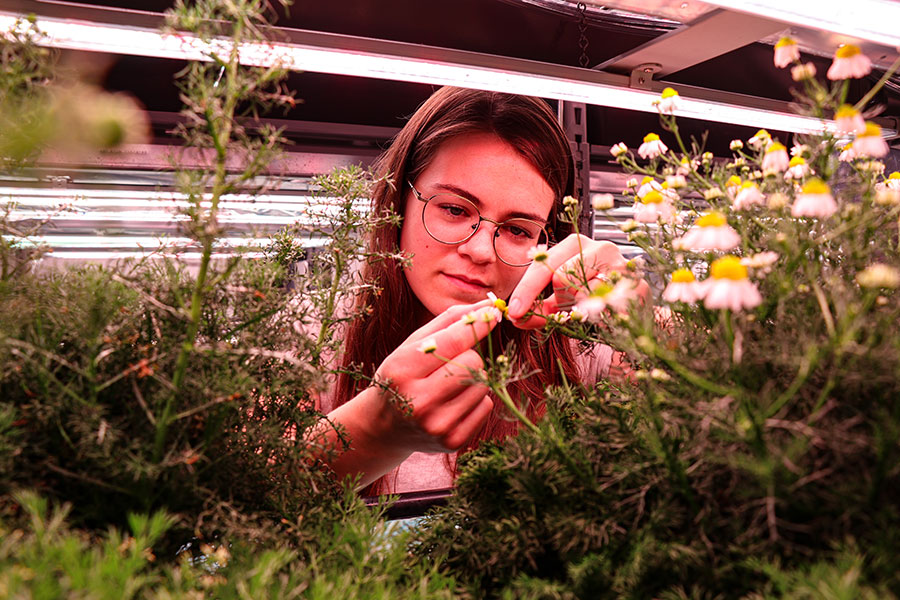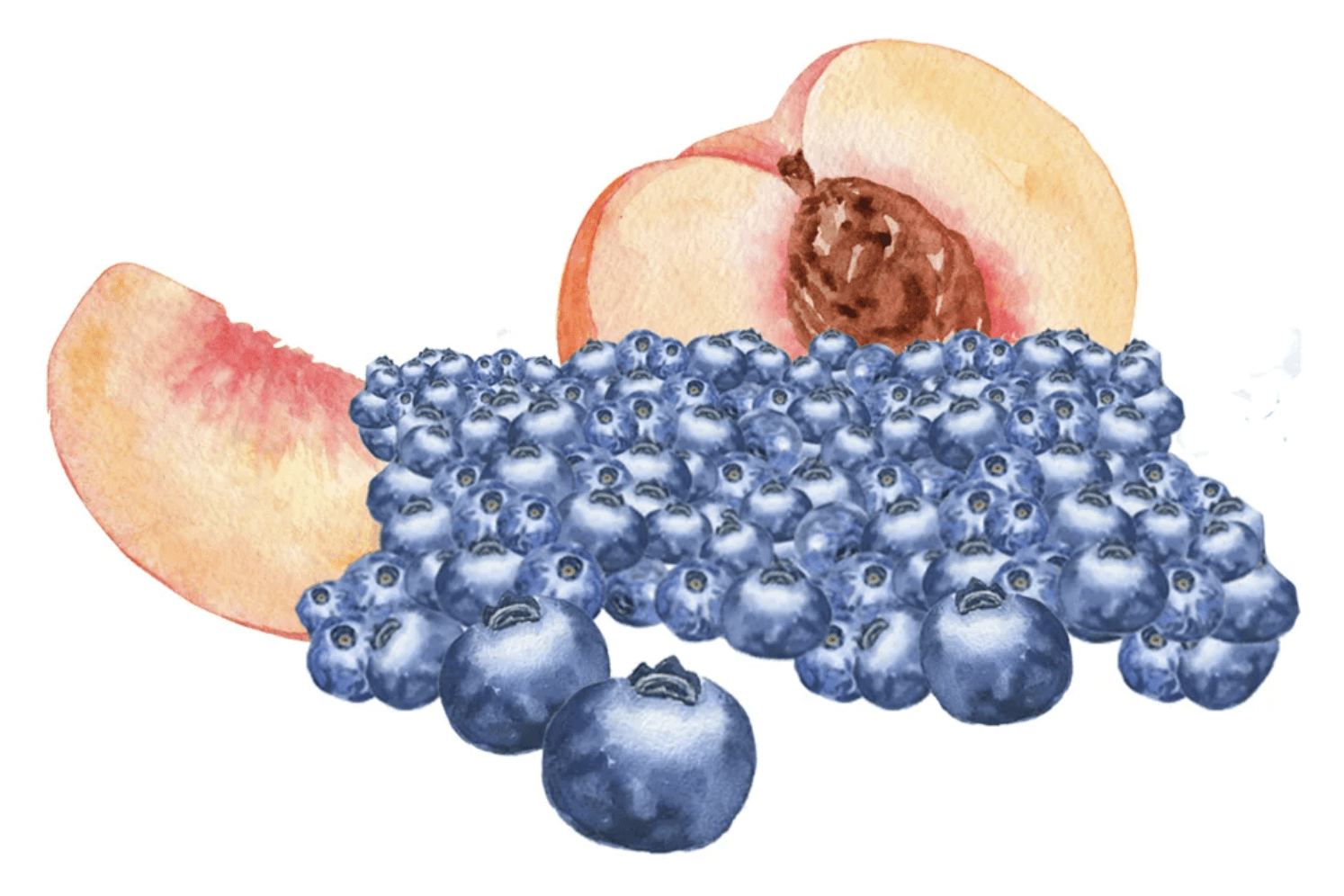 CAES News
CAES News
UGArden Celebration
The UGArden student farm will celebrate 15 years of service to the Athens community this spring with two major events: a Community Day on May 3 and an upscale Garden Gala on June 7. UGArden is a 10-acre student-run farm at the University of Georgia that produces organic produce through sustainable practices. The farm provides fresh food to Athens-area families, conducts research and offers hands-on education to students. It was founded by students in 2010 with support from the Department of Horticulture in the College of Agricultural and Environmental Sciences.





